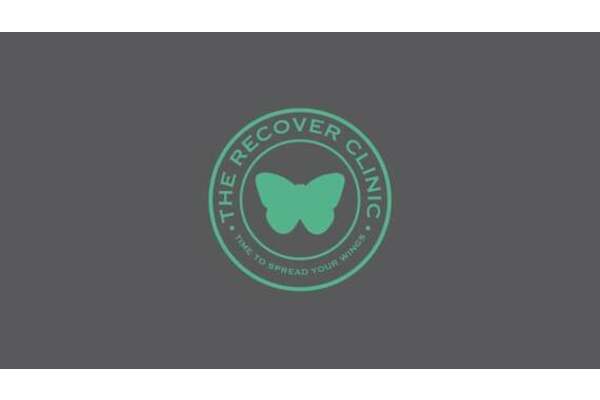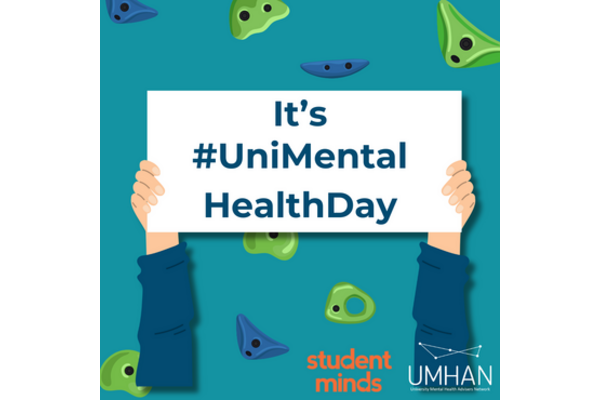It’s probably fair to say we’ve all experienced stress on a variety of different levels from deciding what to wear, to panicking about deadlines. While coming to university can be exciting and fun for some, for others it may be lonely, isolating and highly stressful.
You may feel like you’re juggling a lot: moving away from home, meeting new people, receiving that new timetable packed with an overload of information, having to look after yourself and of course finding time to fit in work with all that socialising.
“The only way to make sense of change, is to plunge into it, move with it, and join the dance.” – Alan Watts
The first term at university can be overwhelming and chaotic and the chances are you haven’t experienced this level of stress and anxiety. Many people start to feel that they are unable to cope.
Being in charge of choosing, buying and cooking your own food combined with this new found freedom and responsibility can easily result in developing eating disordered behaviours as a way of attempting to control the chaos. What may start off a seemingly harmless coping strategy can soon develop into a full-blown eating disorder that takes control of your whole life.
You are not alone
Every university will have support services available to those who need it, if not a specialised eating disorders service then a counselling or mental health service that will be able to help. They may also have a free helpline that can give you guidance and advice.
If you can feel yourself slipping into unhealthy patterns or you notice a housemate or friend is presenting with eating disorder behaviours then please do make use of these services. Please do get help, keeping it to yourself and dealing with it alone will only make it worse.
What to do if a friend opens up about their eating disorder
If a friend has opened up to you about their eating disorder, you may not know what to say to them or understand what they’re going through. Know that there is a lot of shame attached to eating disorders and therefore, steer clear of the topic of food or appearance. Put the focus on emphasising your love and support for them instead.
It is a good idea to research eating disorders and learn as much as possible in order to help you better understand what is happening. Having even a basic knowledge of their mental health problems will make you better equipped to support your friend.
If you are at university, being away from family can feel extremely isolating and that feeling is likely to be emphasized by their eating disorder. Therefore, providing them with kindness and warmth will help them feel less alone in their struggles.
Make sure you have someone to turn to. Hearing about a friend’s struggles can be overwhelming and upsetting so ensure you have your own support system to help you deal with the feelings and emotions that will arise.
If appropriate, encourage your friend to seek professional help but try not to force them. If you are at university, direct them towards the counselling team or mental health services. Do not put pressure on yourself to ‘fix’ their problems. You do not have to know all the answers, just being there for your friend is what is important.
Adjusting to university
Remember it’s natural to feel anxious when adjusting to university lifestyle. Try not to overwork yourself, take time to relax and have a break (it’s healthy). Keep in contact with family and friends from home.
Finally, plunge yourself into university life, it may seem too often that you hear “these days are the best days of your life” but if you remember to take care of yourself and find that balance then it really could be.
UMHAN note: It is worth noting that a range of other professional services are available which students have access to. For example, the role of the GP is also about gatekeeping to other specialist services. Additionally, many universities have a dedicated mental health / wellbeing team, along with Mental Health Advisers. If you are experiencing a mental health difficulty, you have a choice in who you choose to disclose this to and a choice in the support that can be offered. For some more information about looking after a friend, have a look at The Student Minds 'Look After Your Mate' guide.









